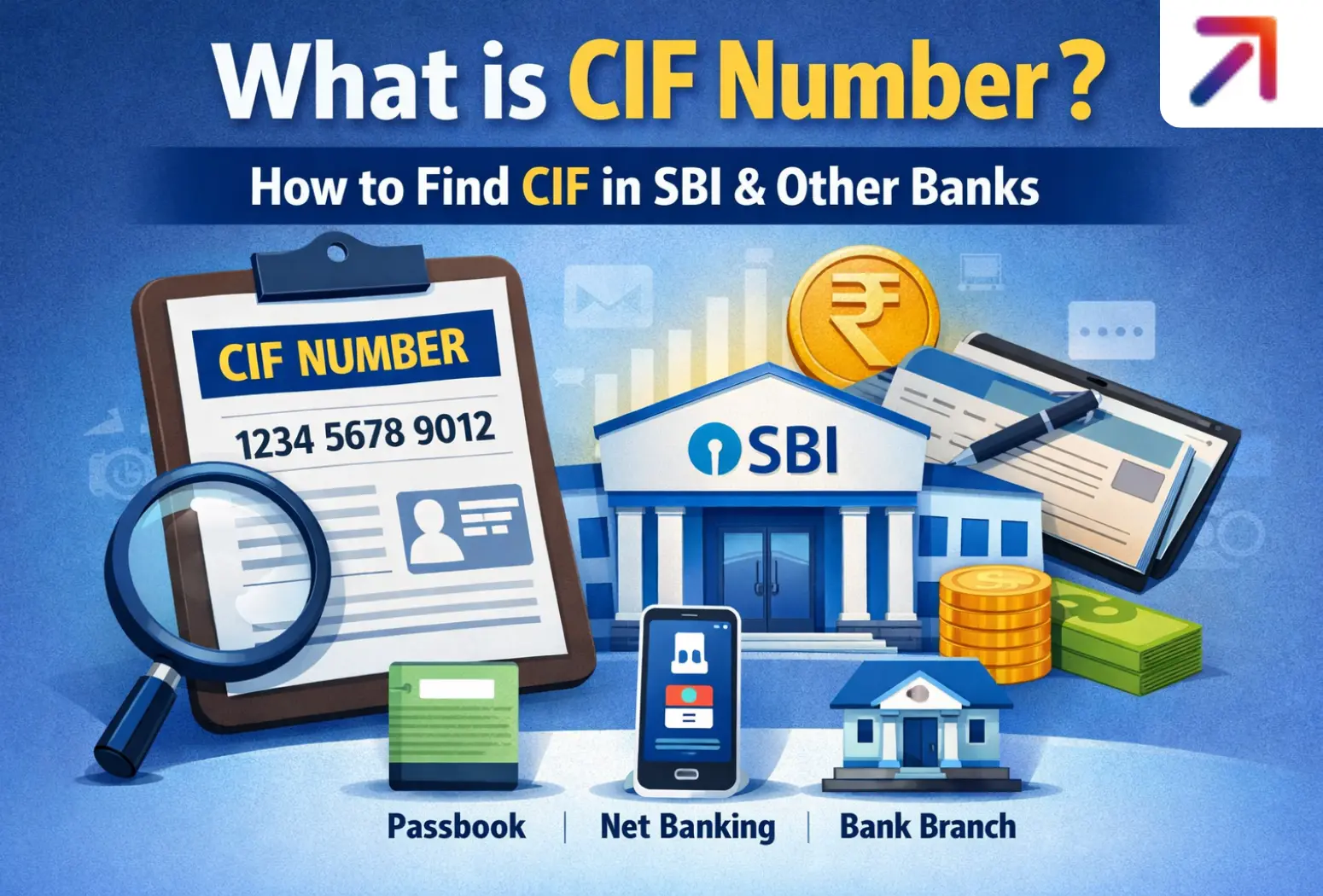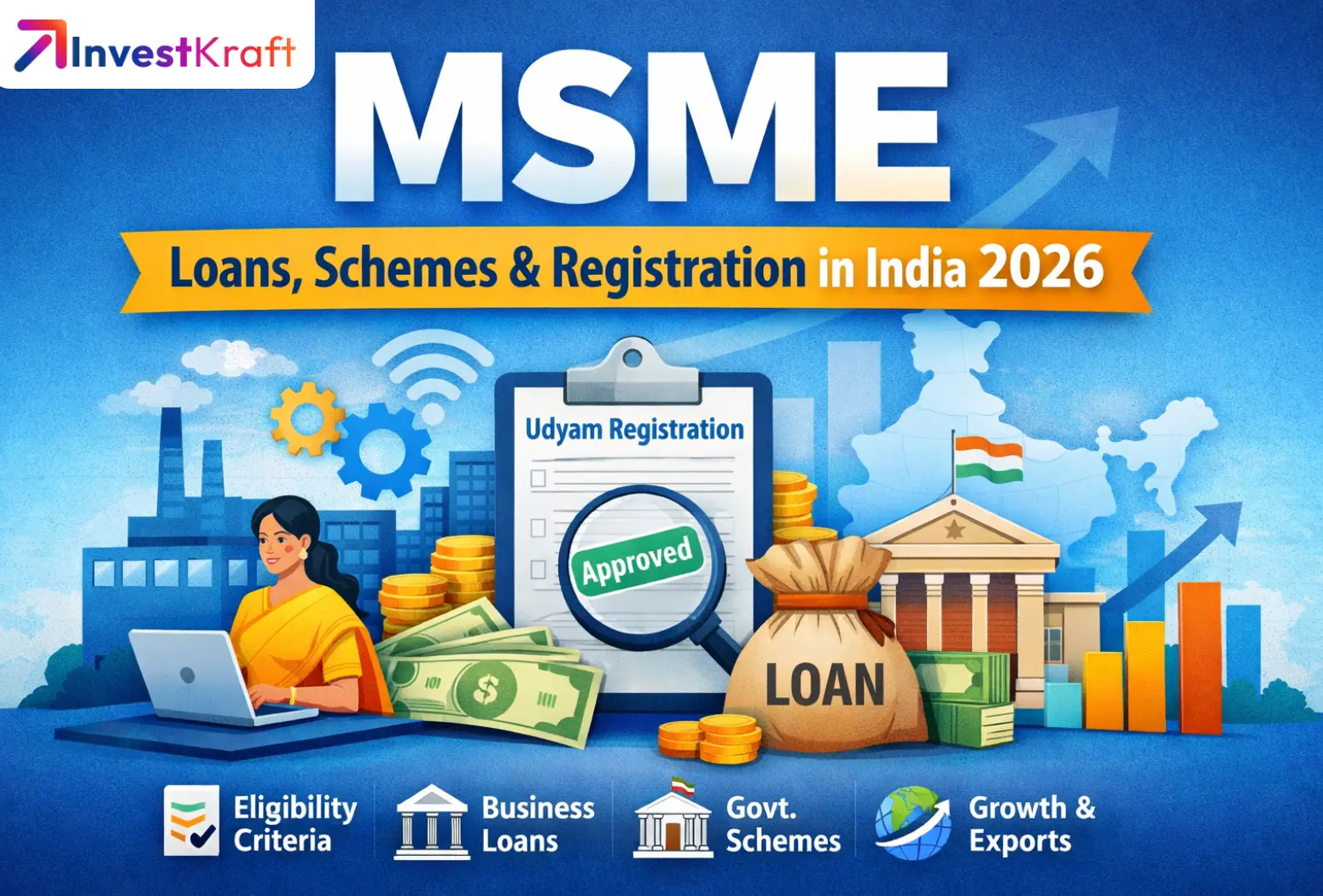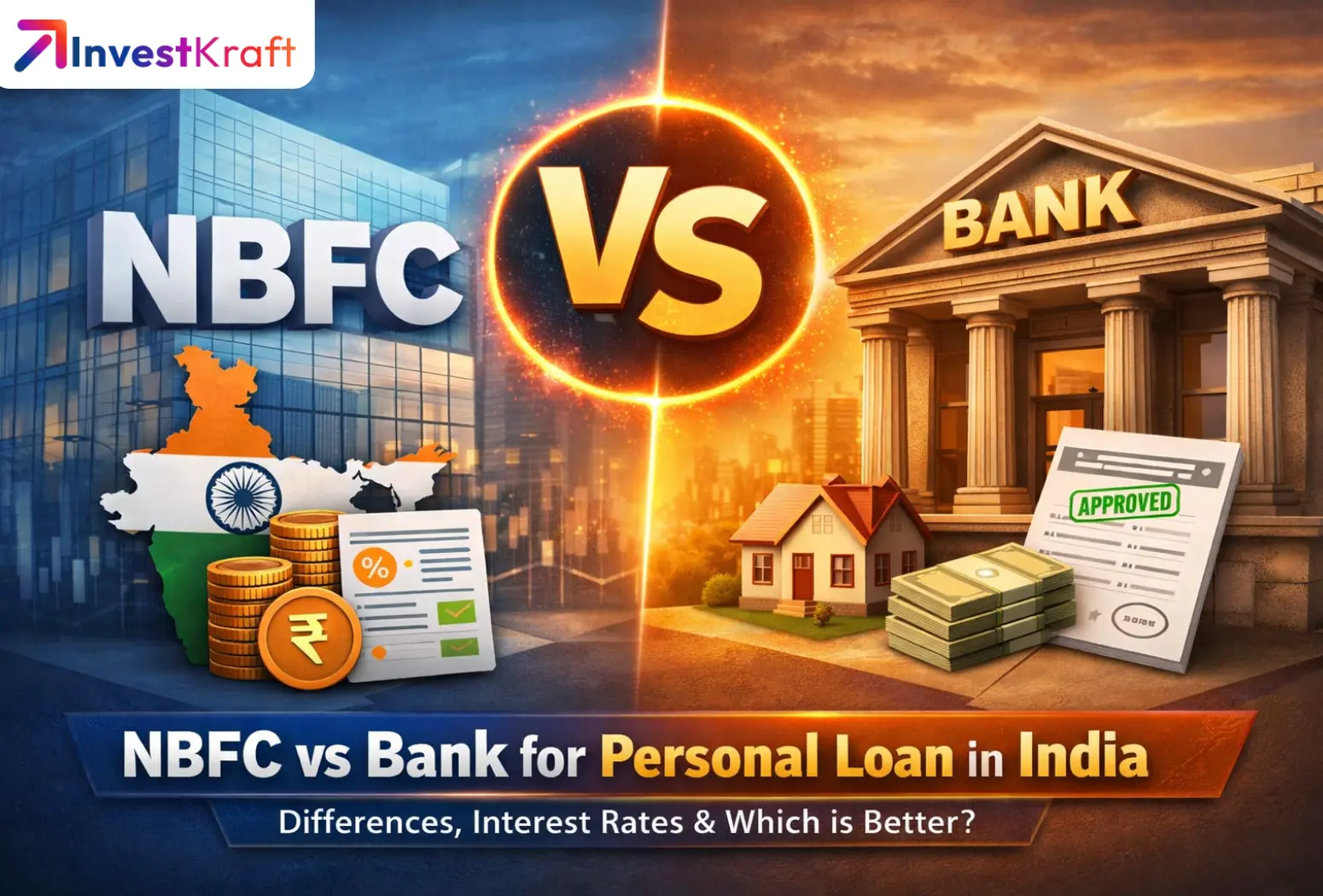
10 Real Ways to Increase Your Income in 2026 (No Fake Apps, No Scams)
Dec 17th 2025
Finance
Are you cutting back on your dreams because your income isn’t enough? Or Are rising expenses forcing you to cancel your goals like travel, higher education, a better lifestyle, or even basic fin...
Read more...

How to Earn Money From Referral Marketing in India 2026
Dec 15th 2025
Finance
If you have been asking “Refer karke paise kaise milte hain?” or searched best refer and earn apps, or maybe even refer and earn ₹1000 daily - then this blog has all the answers you need related...
Read more...

Top 15 Work From Home Jobs in India 2026
Dec 15th 2025
Finance
If you are searching for work-from-home jobs in India, or ways to earn ₹1,000 per day working from home, you’re not alone.Over the last few years, the Indian workforce has completely changed. Today, l...
Read more...
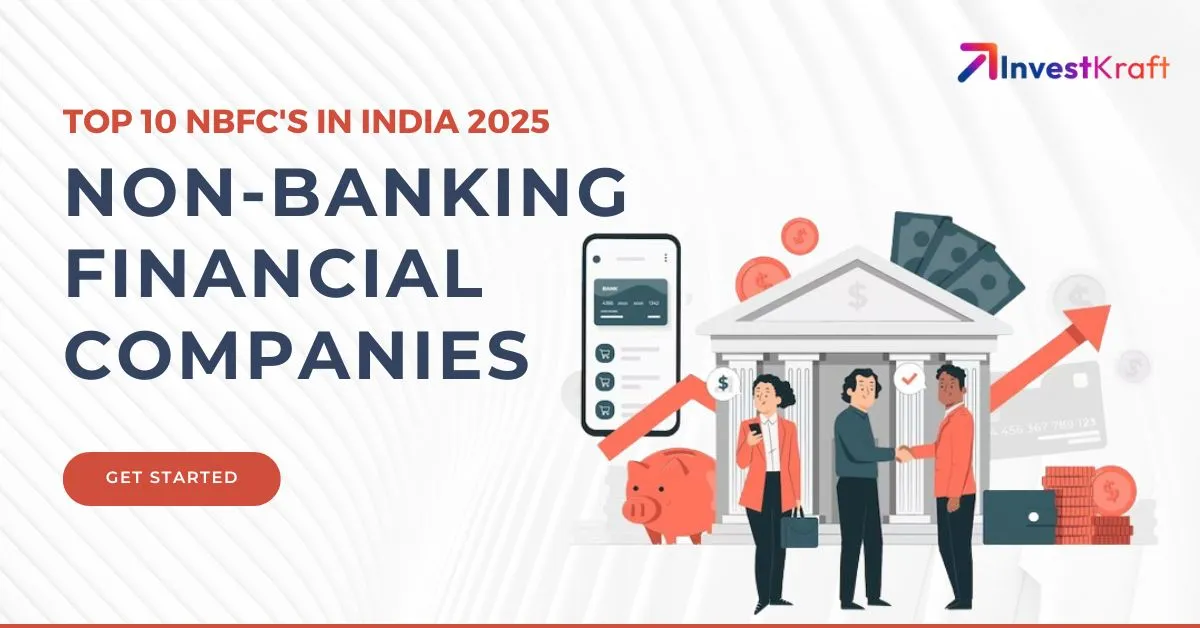
Top 10 Non-Banking Financial Companies (NBFCs) in India 2025
Dec 13th 2025
Loan
The financial sector of India has been touching newer heights with every passing day. There are several reasons behind the level including a rise in per capita income, stable government, relaxed gover...
Read more...

How Does the RBI Regulate P2P Lending in India 2024?
Dec 13th 2025
Finance
P2P lending has grown significantly in India, becoming an important part of the financial ecosystem. The RBI’s decision to regulate these platforms as NBFCs was expected, as it had been in the pipelin...
Read more...

Peer To Peer Lending: Transforming the Future of Lending Systems in India
Dec 13th 2025
Loan
The future of lending in India is undergoing a revolution. Traditional banks no longer monopolize the financial domain. Peer-to-peer (P2P) lending has emerged as an innovative alternative, reshaping h...
Read more...

15 Best Money-Earning Apps in India 2025 – No Investment Needed!
Dec 13th 2025
Finance
Want to turn your smartphone into a cash machine in 2025? India’s app scene is buzzing with free, no-investment options for everyone—students, homemakers, gamers, or side-hustlers. Whether you’re...
Read more...

Top 10 P2P Lending Companies in India 2025
Dec 13th 2025
Loan
Peer-to-peer lending, or P2P lending, offers a way for individuals to borrow and lend money without involving traditional financial institutions like banks. This direct connection through the P2P plat...
Read more...
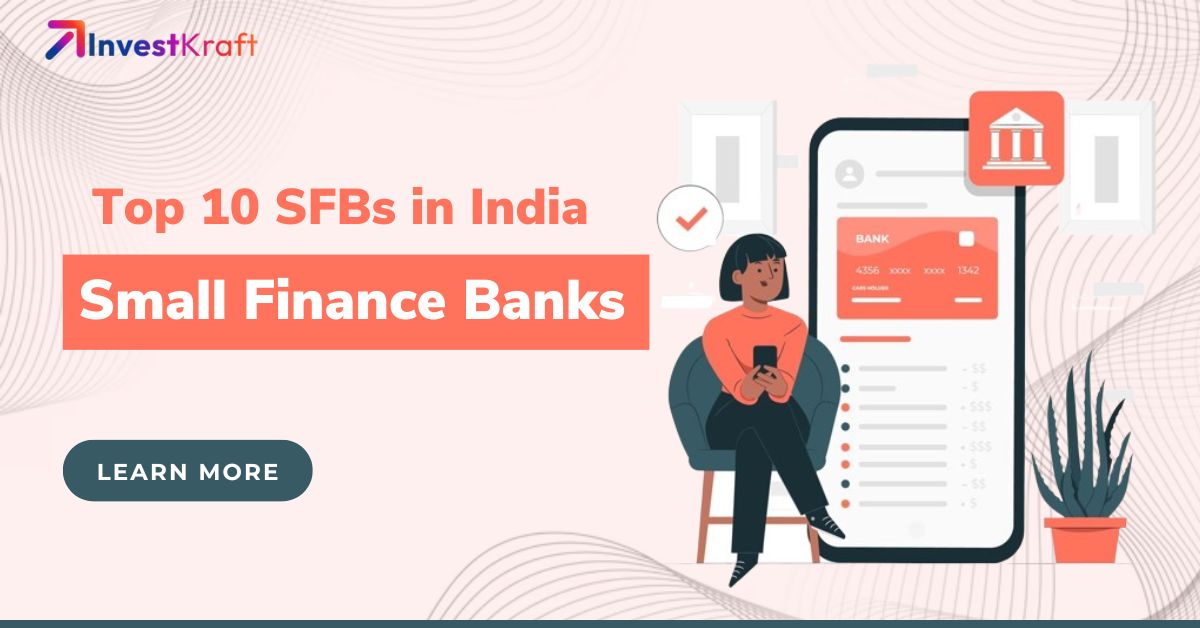
Top 10 Small Finance Banks (SFBs) in India 2025
Dec 13th 2025
Loan
Small Finance Banks aim to empower marginalized groups in society, including small businesses, marginal farmers, micro and small enterprises, as well as unorganized sectors, by providing them with acc...
Read more...
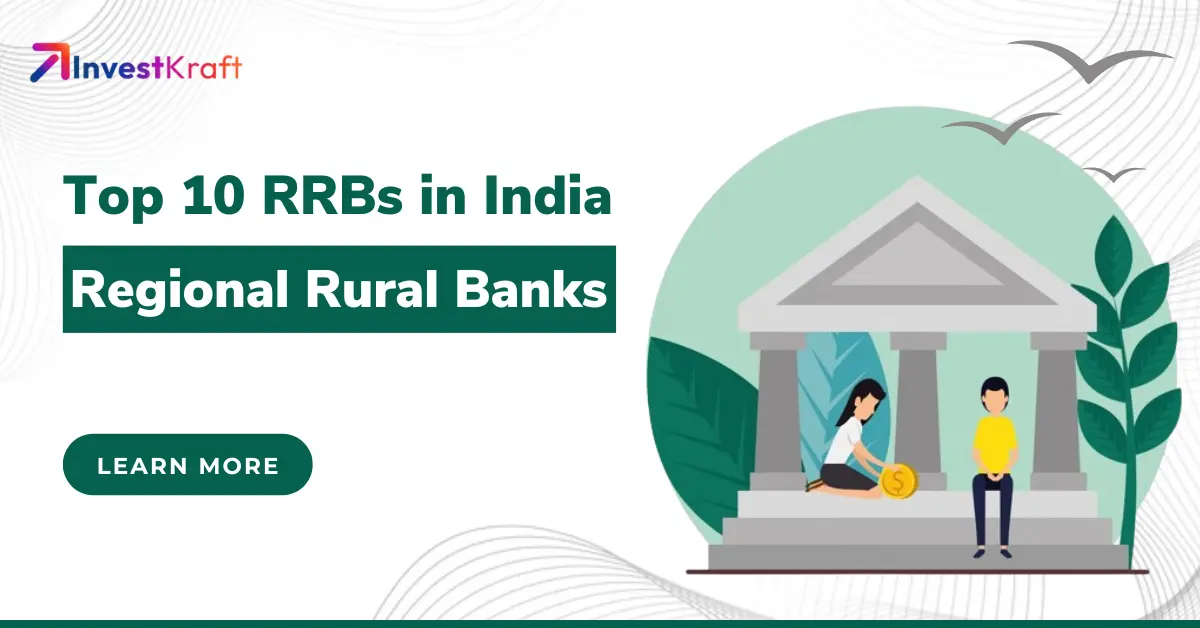
Complete List of Regional Rural Banks (RRBs) in India 2025 – Services & Functions Explained
Dec 13th 2025
Loan
Established on the recommendations of the Narasimhan Working Group in 1975, Regional Rural Banks (RRBs) were conceived as a unique category of regionally focused rural banks. These institutions succes...
Read more...
Blog Categories
Latest Post
Reach out to our Experts if you have any Doubts
Like the best things in life, Consultations @InvestKraft are free
Drop a Mail or give us a Missed Call & Begin your Investment Journey here

